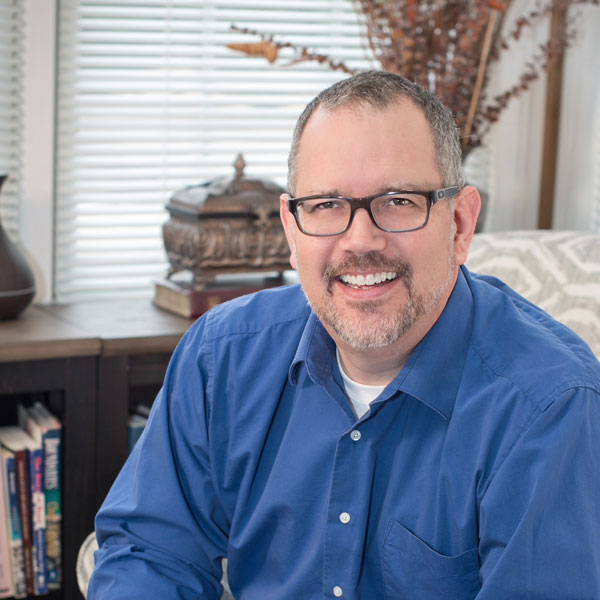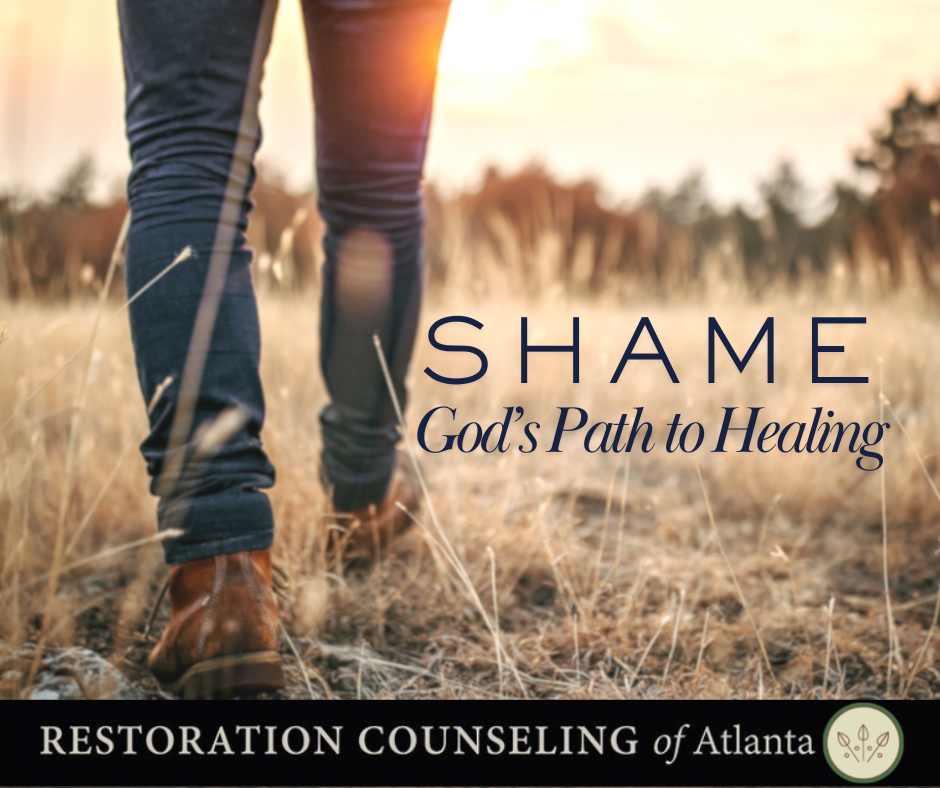A Biblical Approach to Breaking the Cycle of Shame
Shame is one of the most paralyzing emotions a person can experience. It creates deep wounds that, if left unaddressed, shape how we see ourselves, others, and even God. For those in ministry, counseling, and support roles, understanding shame from a biblical perspective is essential to walking alongside those in need of healing.
At SILS Summit 2023, Troy Snyder led a powerful discussion on God’s answer to shame and how we can help others break free from its grip. This session emphasized two key goals:
- To educate and equip helpers with a biblical view of shame and practical strategies for guiding others through healing.
- To offer hope—demonstrating that healing from shame is possible through God’s grace.
Understanding Shame: The Hidden Struggle
Shame is more than guilt. Guilt convicts us of wrongdoing and leads to repentance (“I have done wrong”). Shame, however, condemns our identity (“I am wrong”). It whispers that we are unworthy, unlovable, and beyond redemption. It can come from personal sin, the sin of others against us, or distorted beliefs we’ve carried from childhood. The enemy uses shame to silence, isolate, and destroy, but God’s response is always to seek and restore (Genesis 3, John 4).
The Effects of Shame
When shame takes root, people hide—just like Adam and Eve covered themselves and withdrew from God’s presence (Genesis 3). Similarly, the Samaritan woman at the well avoided others, choosing isolation over exposure (John 4). Today, people still cope with shame in silence, using:
- Addictions (alcohol, drugs, pornography)
- Workaholism (finding worth in success)
- Image management (perfectionism, hiding weaknesses)
- Withdrawal (avoiding relationships, isolating)
- Not communicating needs (believing they are undeserving of help)
But God never leaves His children in shame. He seeks, initiates conversation, and offers redemption.
God’s Answer to Shame: Seeking, Healing, and Restoring
When Adam and Eve hid, God pursued them with gentleness: “Where are you?” (Genesis 3:9)
When Jesus met the Samaritan woman, He engaged her in a life-giving conversation—not to condemn but to reveal the truth and offer salvation (John 4).
Breaking Free from Shame
Healing begins with God’s truth and grace:
- Confession & Repentance – Sin needs an answer, and Christ is that answer (1 John 1:9).
- God’s Grace & Identity in Christ – We are no longer defined by our past but by His love (Romans 8:1).
- Community & Accountability – Healing happens in relationships (Hebrews 10:25).
- Stewardship & Faithfulness – A shame-free life is one of worship, purpose, and trust in God (Romans 12:1-2).
For Pastors, Counselors, and Supporters: Walking with the Hurting
As those who care for others, we must:
- Know and communicate God’s path to healing
- Listen first, inquire with compassion
- Understand the emotional, physical, and spiritual impact of shame
- Provide hope through the Word and practical steps
- Connect those struggling with a supportive, Christ-centered community
For clinicians, this may also include assessing co-occurring mental health struggles (depression, anxiety, PTSD), offering professional support, and ensuring safety when necessary.
Shame Doesn’t Have the Final Word
Shame tells people they are beyond hope, but God declares freedom through Christ:
- “Anyone who believes in Him will never be put to shame.” – Romans 10:11
- “Those who look to Him are radiant; their faces shall never be ashamed.” – Psalm 34:5
- “Fear not, you will no longer live in shame.” – Isaiah 54:4
While shame is a powerful force, God’s love and truth are stronger. As we come alongside those struggling, let us offer them the same grace, patience, and hope that God offers us—leading them out of hiding and into the light of His healing presence.
Next Steps: Practical Resources
- Encourage Scripture meditation (Psalms 25, 34, 71, Romans 10)
- Offer biblical counseling or pastoral support
- Foster safe, honest conversations in community
- Help others reframe their identity in Christ
Shame does not define us—Christ does. Through Him, we are redeemed, restored, and free. If you or someone you know is struggling with shame, reach out. There is hope, and healing is possible.

Written by Troy Snyder MS, NCC, LPC, CCSAS, CPCS
Roswell and Woodstock Locations
troy@restorationcounselingatl.com, ext. 113
Troy’s passion for working with sexually addicted clients has led him to obtain special certification in this study area. He is a “Certified Clinical Sexual Addiction Specialist” by the Christian Sex Addiction Specialists International (C-SASI, formerly IACSAS). He works with men and couples and takes a holistic approach to helping his clients by working closely with the parents, spouse, family members, and friends to help create a better foundation for success.

